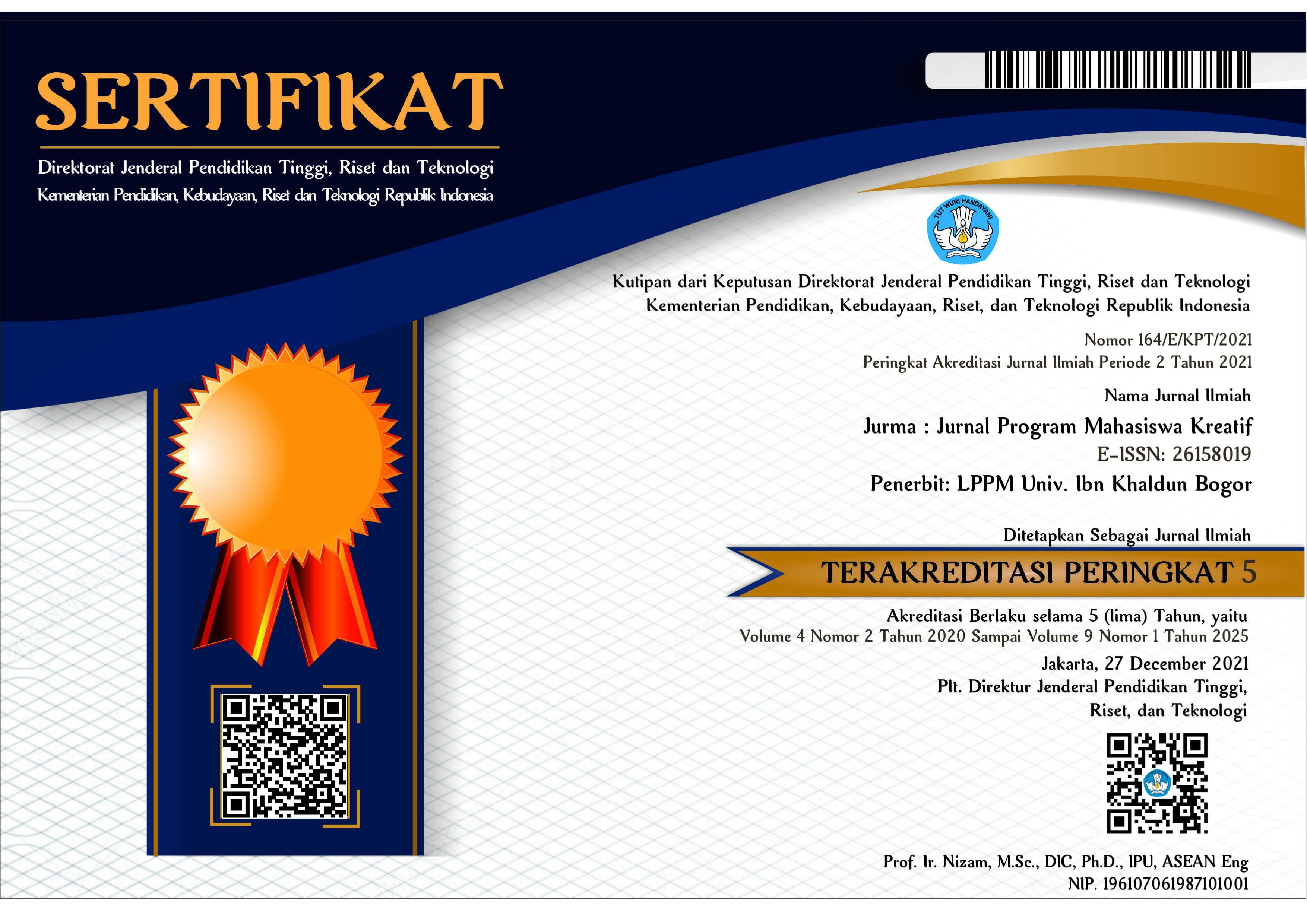Disparity of Religious Court Judges' Decisions Regarding Distribution of Rights of an Adopted Child in a Mandatory Will
Abstract
This study aims to determine and describe the chronology of the distribution of obligatory wills for adopted children in decision no. 5203/Pdt.G/2019/PA.Tgrs, Decision no. 1277/Pdt.G/2016/PA.Tng and Decision no. 1926/Pdt.G/2020/PA.JU as well as the judge's considerations in determining the adopted child's share of the three decisions. The type of research used is qualitative, namely collecting data with the aim of interpreting the phenomena that occur using a normative juridical analysis approach, through studying the decisions of the Religious Courts regarding cases of obligatory wills for adopted children with data sources in the form of research libraries, court decisions, statutory regulations, and books and interviews with the judge who decided the case. The results of the research show that there are differences in the share of adopted children from the inheritance of their adoptive parents. The difference occurs because the heirs left behind are different, such as husband and biological father, so that adopted children get 1/6 of the share, while replacement heirs get 2/3 jointly, and 1/10 when the heirs are siblings. These three decisions can be included in the concept of Islamic justice. It means giving something that is rightfully yours in a balanced manner. Balanced means that everything that exists is accepted at the proper level and not at the same level. However, one large part and one small part can be determined by the expected function.
Copyright (c) 2024 Mhd. Dayrobi, Mhd. Yadi Harahap

This work is licensed under a Creative Commons Attribution-ShareAlike 4.0 International License.






















